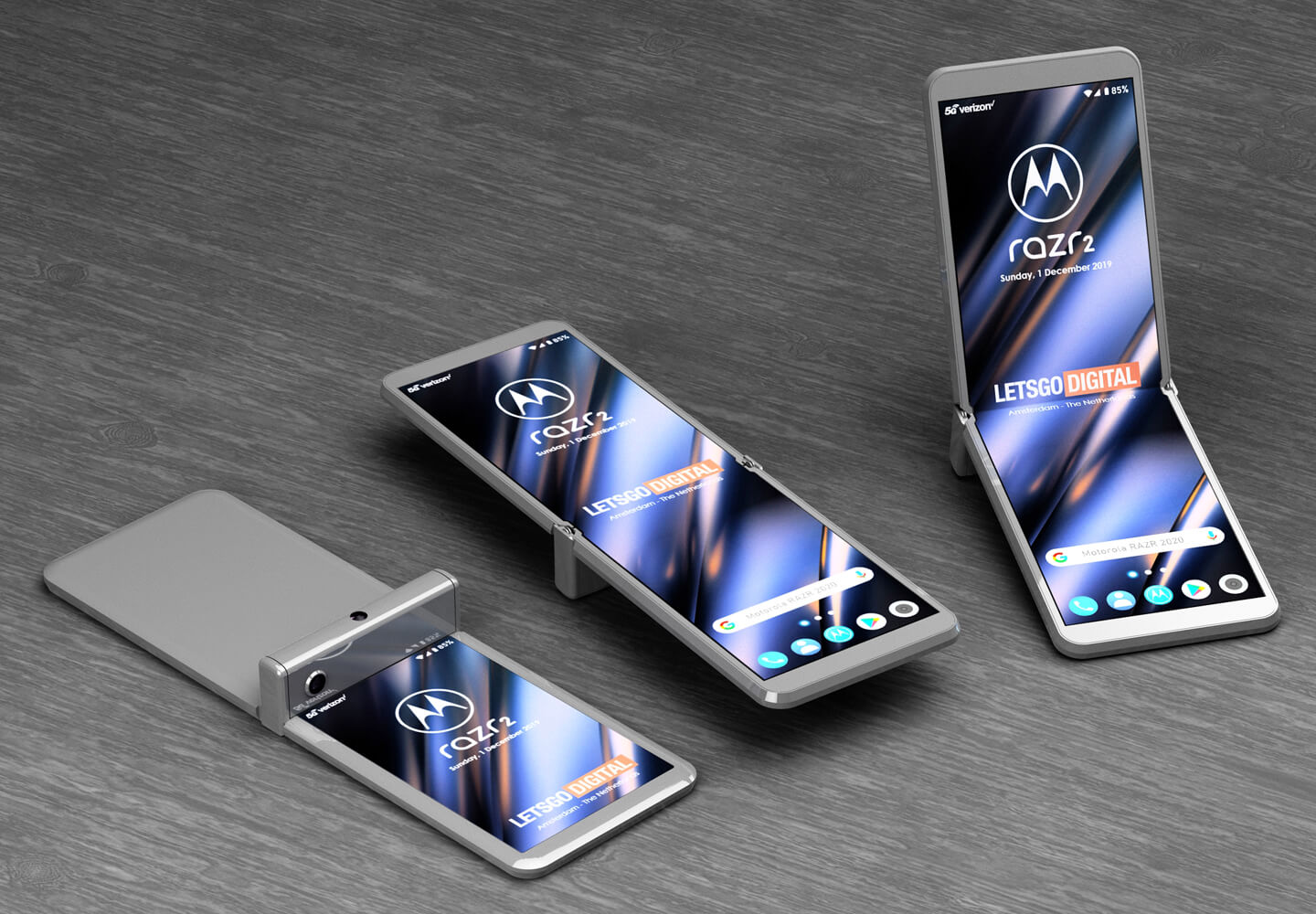
Introduction: The smartphone industry is constantly evolving, with manufacturers pushing the boundaries of design and functionality. One of the most innovative developments in recent years has been the emergence of foldable phones. These devices offer a unique combination of traditional smartphone usability and the flexibility of a larger display when needed. But are foldable phones worth the investment? In this article, we'll look at the pros and cons of innovative foldable phones to help you decide if they're a worthy choice for your mobile needs.
Pros of folding phones:
-
Advanced Real Estate screen:
- Folding phones feature a larger display that can be folded when needed, allowing for a more immersive experience while watching videos, browsing the web, or multitasking.
-
Improved performance:
- A larger screen can improve productivity by making it easier to multitask, such as running multiple apps at once or using split-screen mode.
-
Unique form factor:
{thirty} - Folding phones have futuristic and attractive designs that stand out from the crowd of traditional smartphones. They often attract attention and curiosity.
-
Innovative features:
- Manufacturers are constantly innovating foldable phone designs, introducing features such as stylus support, multi-angle folding, and versatile camera settings.
-
Replacement tablet:
- For some users, foldable phones can replace the need for a separate tablet because they offer smartphone and tablet functionality in one device.
Disadvantages of folding phones:
-
High cost:
- Folding phones tend to be significantly more expensive than traditional smartphones. The advanced technology and materials used in their construction contribute to their high price.
-
Durability issues:
- Folding displays and hinge mechanisms can wear out over time. Although manufacturers have made improvements, durability remains an issue for some users.
-
Volume and weight:
- Folding phones can be thicker and heavier than standard smartphones, making them less pocket-friendly and potentially less convenient for long-term storage.
-
Limited application optimization:
- Not all apps are optimized for folding phone displays, which may result in a less-than-ideal user experience when using certain apps.
-
Less advanced technology:
- Foldable phones are still relatively new on the market and the technology is evolving. Early adopters may occasionally encounter problems or limitations as the technology matures.
Conclusion: Innovative foldable phones offer a unique and exciting proposition in the world of smartphones. They offer larger screen real estate, improved performance, and a futuristic design. However, they come with a high cost and potential durability. Whether a foldable phone is worth buying depends on your priorities, budget, and willingness to embrace cutting-edge technology.
If you value a larger display and are intrigued by an innovative design, a foldable phone may be worth the investment. However, if cost-effectiveness and durability are your top priority, you may want to opt for a traditional smartphone until folding phone technology becomes more common and affordable. Ultimately, the decision to invest in a foldable phone should be tailored to your specific needs and preferences in a mobile device.






